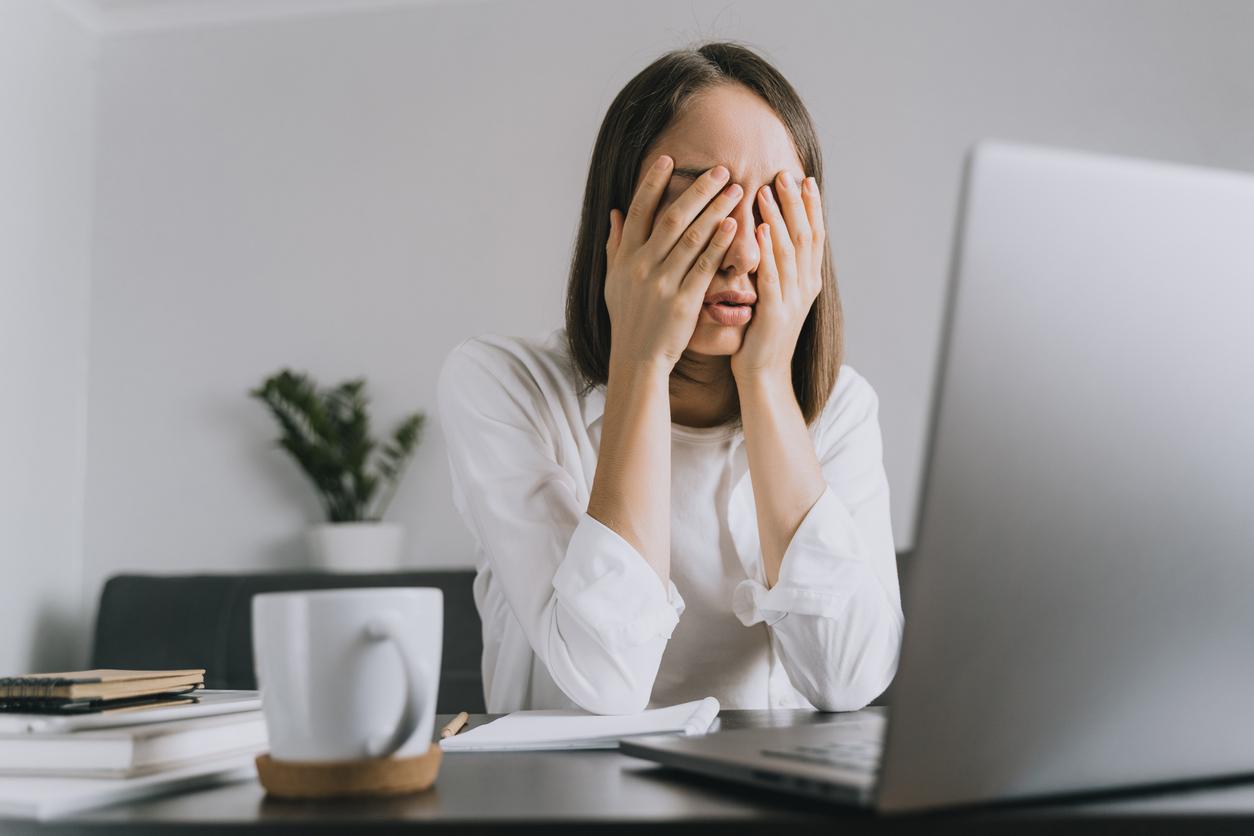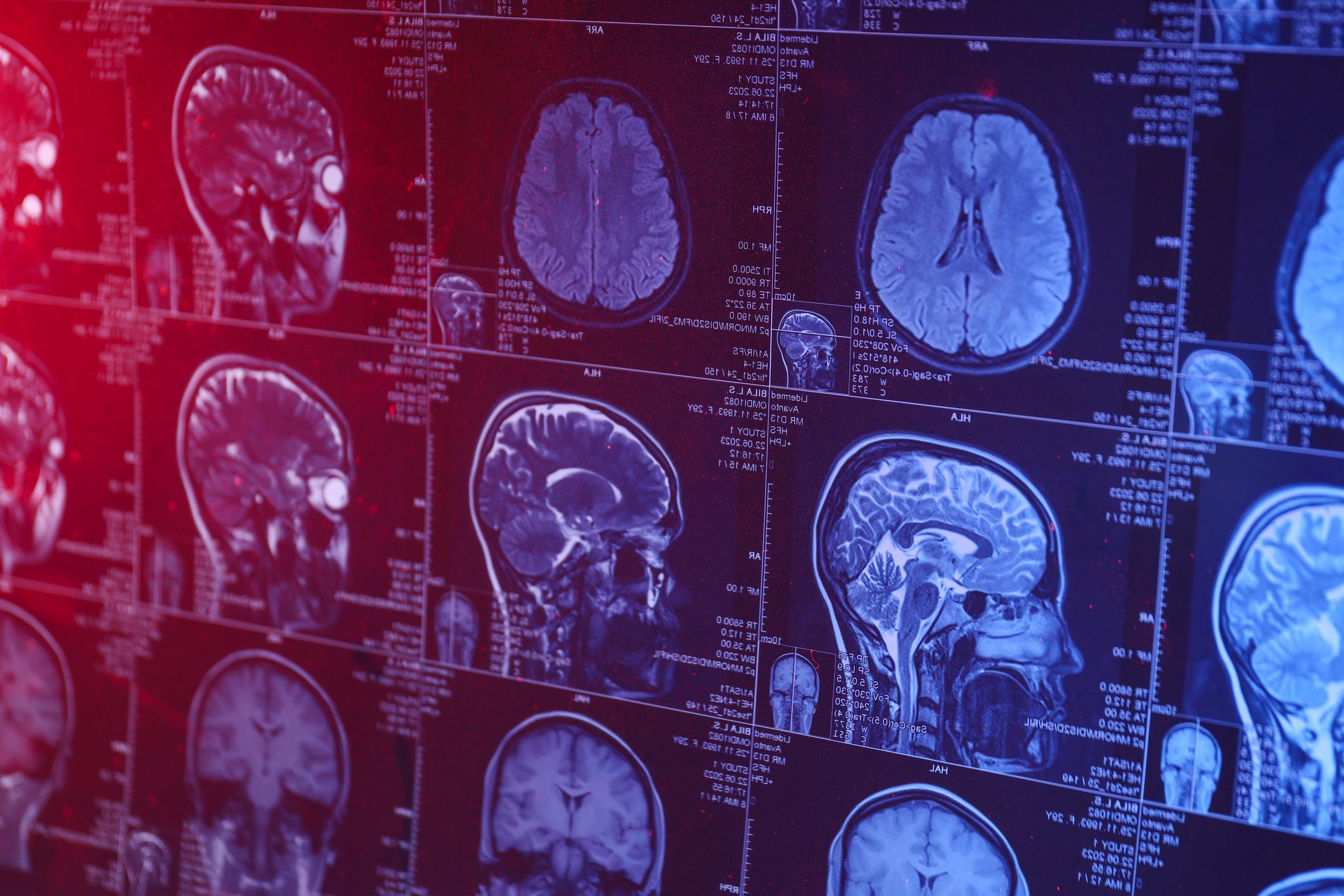Women who feel lonely show greater brain activity in brain regions associated with food cravings, a new study suggests.

- A study shows that women who feel lonely have greater brain activity in the region of the brain linked to food cravings.
- They also had decreased activity in the region of the brain associated with self-control over eating behaviors.
- For researchers, this link between loneliness and cravings must be taken into account to better combat weight gain and obesity.
Are you feeling a little peckish? You may feel alone. A study from the University of California, Los Angeles (UCLA) shows that women who expressed feelings of loneliness had activity in regions of the brain associated with food cravings and the desire to eat.
The work was published in JAMA Network Open on April 4, 2024.
Brain: the region of cravings activates with loneliness
Wanting to better understand the impact of loneliness on the brain, eating habits and mental health, researchers surveyed 93 women about their well-being. Their perceived social isolation score was, among other things, measured.
The analysis shows that participants who had higher levels of social isolation tended to have higher body fat and lower quality diets. They had less control over food as well as greater cravings and higher levels of anxiety or depression.
Secondly, the researchers showed them images of sweet, salty foods and non-food products while their brain activity was recorded. Results: Women who felt lonely had higher activation in brain regions associated with a greater need to eat sugary foods. On the other hand, there was an activity shown in that linked to self-control in the face of eating behaviors.
A link between loneliness and cravings to take into account
“These results are interesting because they provide evidence for what we know intuitively”explains Arpana Gupta, researcher at the Goodman-Luskin Microbiome Center at UCLA in a communicated. She then adds: “When people are alone or lonely, it doesn’t just impact how they feel. They underestimate what they eat, their desire to eat and their cravings, especially for unhealthy foods.”
“If you have more cravings, you eat more and may suffer more anxiety or depression, which can lead you to eat more”specifies Xiaobei Zhang, lead author of the study, comparing this path to a “vicious cycle between unhealthy diet and negative mental health symptoms”. For researchers, it is important to be aware of the link between loneliness and cravings to break the cycle. “Instead of reaching for the sugary, high-calorie foods you crave, maybe try opting for healthy foods instead of unhealthy foods.”adds Arpana Gupta.
Furthermore, according to them, it could be interesting to offer mind-body treatments to eliminate the risks of overconsumption of foods that are too sweet or unbalanced in the face of loneliness.
















